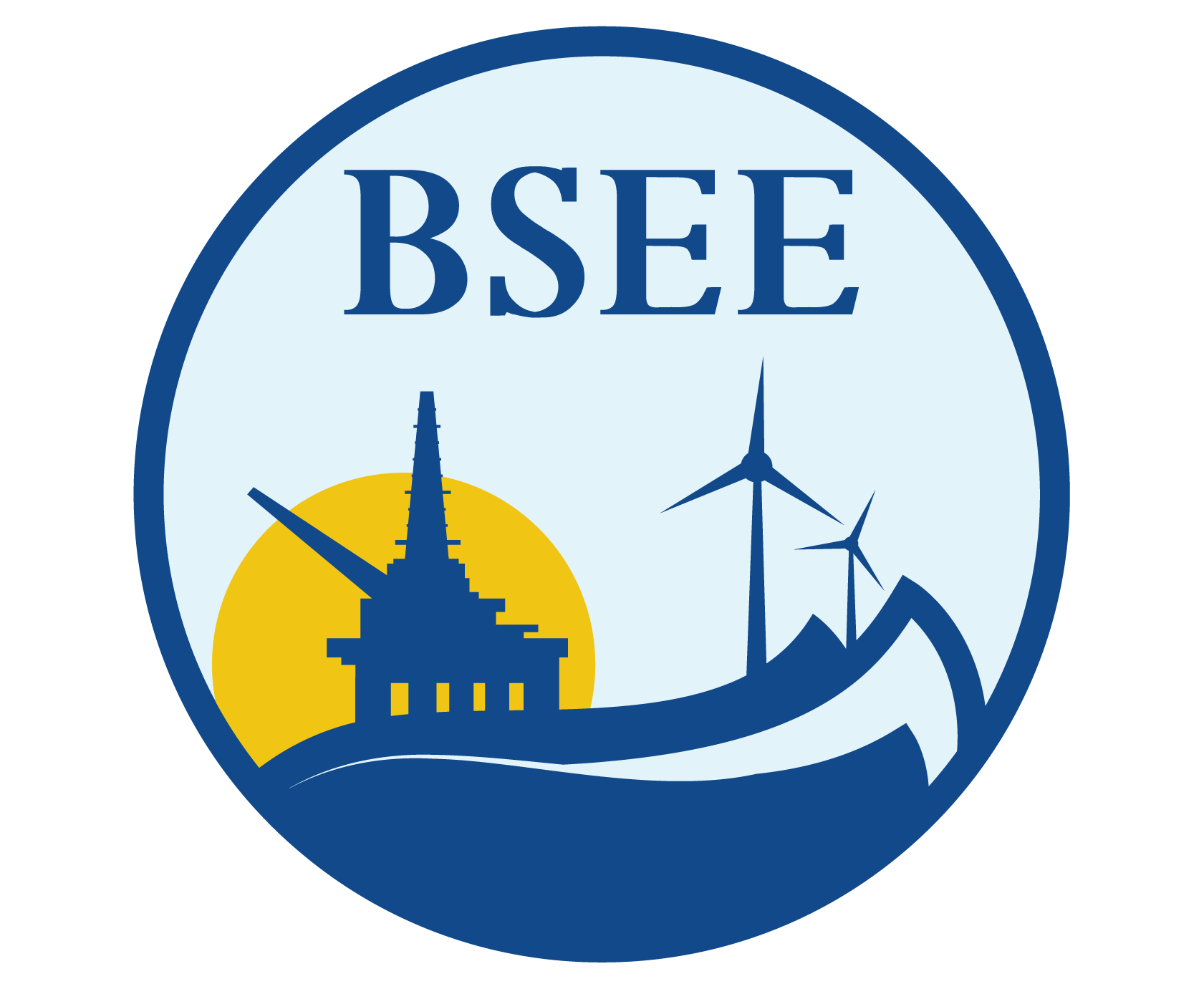The Inspection Policy Branch (IPB) provides national-level oversight for BSEE’s Offshore Inspection Program. This component of the Office of Offshore Regulatory Programs ensures the Bureau meets its statutory mandates to provide for the annual inspection of all oil & gas drilling rigs and production facilities on the Outer Continental Shelf (OCS). This Branch also conducts a wide range of interagency liaison and stakeholder outreach activities to promote offshore safety.
The OCS Lands Act authorizes and requires the Bureau to provide for both an annual scheduled inspection and a periodic unscheduled (unannounced) inspection of all oil and gas operations on the outer continental shelf. The annual inspection examines all safety equipment designed to prevent blowouts, fires, spills, or other major accidents.
The IPB supports BSEE’s safety-inspection process through policy development, data analysis, and program oversight.
Specific Focus Areas
Support in developing and maintaining BSEE’s National PINC List.
Analysis of inspection and Incidents of Noncompliance (INCs) data, to identify safety trends and areas of concern in the offshore oil & gas industry.
Annual review of the Fixed Platform Inspection Program (FPIP), to identify safety trends and areas of concern relating to BSEE inspection of the Z-PINCs on behalf of the U.S. Coast Guard.
Branch Overview
For offshore oil and gas, the IBP oversees and coordinates all aspects of BSEE’s Offshore Inspection Program per Bureau Manual Chapter 650.1. Key responsibilities for the IPB will include: (1) publishing the list of all nationally-required inspections (Red List), (2) ensuring the Regions convene an Inspection Strategy Committee and prepare and submit an Annual Inspection Plan (AIP), (3) ensuring the Regions implement their AIP and submit monthly and quarterly inspection reports to track their progress in meeting their annual inspection goals, (4) ensuring the Regions submit an annual report at the end of the fiscal year to summarize their inspection activities and address any shortfalls for the upcoming year, and (5) ensuring all inspection-related policies and procedures are issued, maintained, and updated as appropriate at the national, regional, and district levels. Additionally, the IBP is responsible for BSEE’s National Potential Incident of Noncompliance (PINC) Committee, which manages the National PINC List to provide guidance for BSEE Inspectors to achieve more consistent enforcement of BSEE’s offshore oil & gas regulations.
For the emerging offshore wind energy industry, operators are required to develop and implement a self-inspection program per 30 CFR 585.824. Therefore, BSEE’s regulatory oversight role will be much different than for offshore oil & gas, and the IPB will play a critical role in developing this regulatory oversight approach for offshore wind energy. Key responsibilities for the IPB will include developing guidance and policy on: (1) BSEE’s expectations for the planning, execution, and reporting of these self-inspection programs; (2) BSEE’s role in reviewing the annual self-inspection reports and following up on any noted discrepancies, problems, or repairs; (3) BSEE’s role in responding to reported incidents or damage to the offshore facilities; and (4) BSEE’s role in training and equipping its personnel so they can safely travel to the offshore wind energy facilities, using best practices and lessons learned from its regulatory oversight role with the offshore oil & gas industry.
